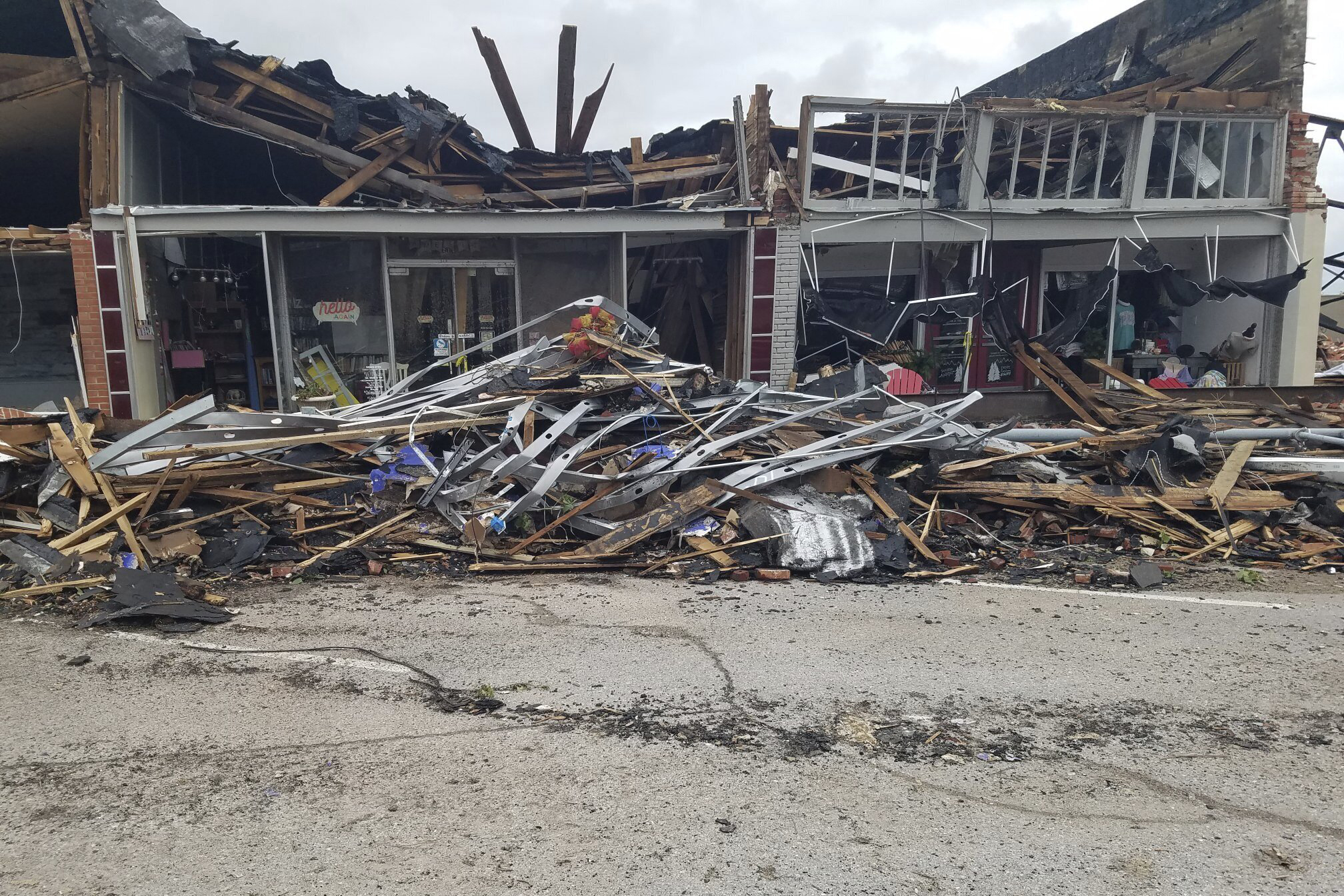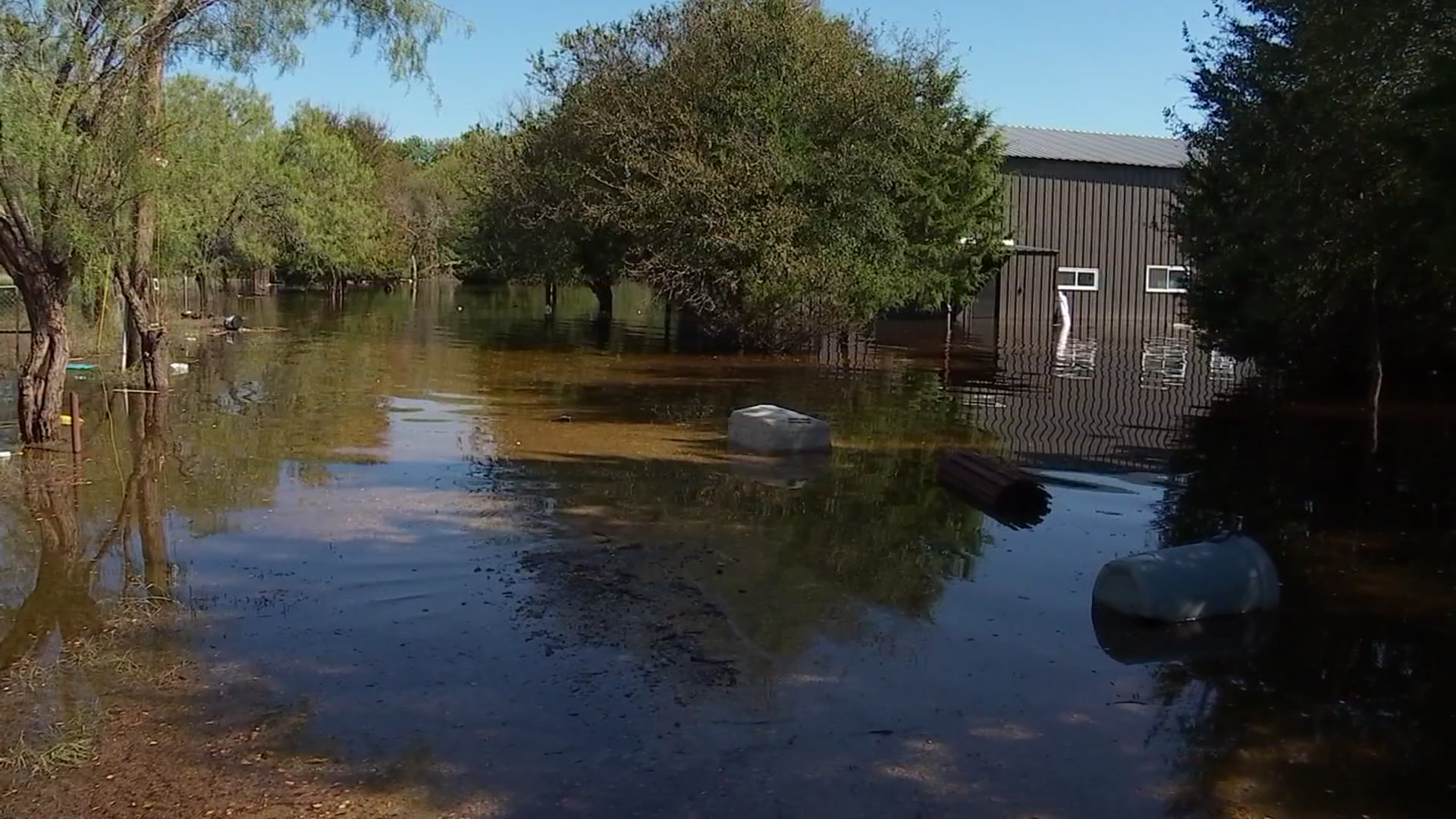Gov. Rick Perry's failed run for president has cost Texas taxpayers more than $3.6 million -- and counting -- in travel expenses and overtime pay to agents assigned to his security detail, according to an Associated Press analysis of state reports released Friday.
The Texas Department of Public Safety spent more than $1.8 million on airfare, food, fuel, lodging and other travel expenses between Aug. 10 and the end of January as it protected the governor on the campaign trail.
That tally includes newly issued second-quarter accounts on security-related travel expenses, as well information from previous months the AP obtained using open records requests.
The agency said that though Perry's campaign is over, the latest figures were, "a snapshot in time as of Feb. 28, so it is possible additional expenses for trips during this time period will be included in the next report."
Perry spent 160 days running for president, formally entering the race in South Carolina on Aug. 13, 2011, and calling off his campaign in the same state on Jan. 19, two days before South Carolina's primary.
Security travel expenses are separate from the more than $1.8 million in overtime compensation DPS paid agents assigned to Perry and his family between August and January, according to Department of Public Safety records. That total, as of Feb. 27, also could increase as more agents file for previously worked overtime.
Perry spokeswoman Catherine Frazier said, "Governor Perry is governor of Texas wherever he travels."
Local
The latest news from around North Texas.
"It's unfortunate that we live in a world where security is a top concern, but we do," Frazier said Friday. "Providing security detail to the governor and his family is a policy that goes back many administrations and is no different from when Governor Bush ran for president."
Indeed, when Perry's predecessor, George W. Bush ran for president in 2000, his security detail cost the state nearly $4 million in 1999 and part of 2000, before the Secret Service took over.
Perry most frequently traveled to early-voting states, including Iowa, New Hampshire and South Carolina, though he also made fundraising stops in Washington, New York and California. Some of the listed expenses included in-state trips to places such as Dallas and Houston.
For security reasons, the state does not reveal how many troopers accompany the governor or how far in advance they arrive at a destination. The state accounting reports also often list multiple destinations grouped together as part of one trip with single entries for travel expenses -- making it difficult to track exactly how many places the governor visited.
Still, a single December trip to Washington, Des Moines, Iowa, and Boston alone is listed as costing $50,536 in travel expenses for the governor's security detail.
Not included in either the security travel expenses or overtime tabs are the 126 days Perry spent outside Texas while running for president, which forced the state to pay the lieutenant governor or Senate pro tem $32,466 to fill in as acting governor.
When Perry is out-of-state for a full day, $410.96 in acting governor pay goes to fellow Republican and Lt. Gov. David Dewhurst, or, if Dewhurst is also absent, to state Sen. Mike Jackson, R-La Porte. Dewhurst collected $29,589 while Perry was a presidential candidate, and Jackson got $2,876.
Perry is paid $150,000 per year, no matter how many days he spends outside Texas.
Cash outlays aside, running for president seriously limited the amount of time Perry spent working on state business. Of the160 days as a GOP presidential hopeful, Perry had no scheduled state events on 128 of those. And he logged only approximately 27 hours and 30 minutes of actual work time on the 32 days Texas matters did appear on his official schedule.



